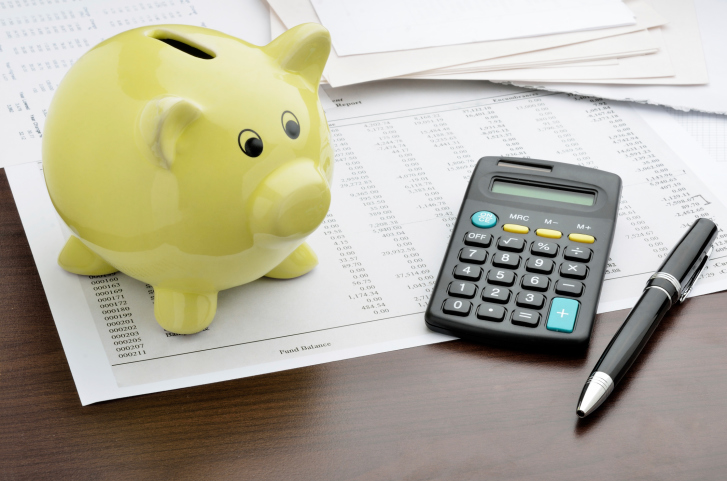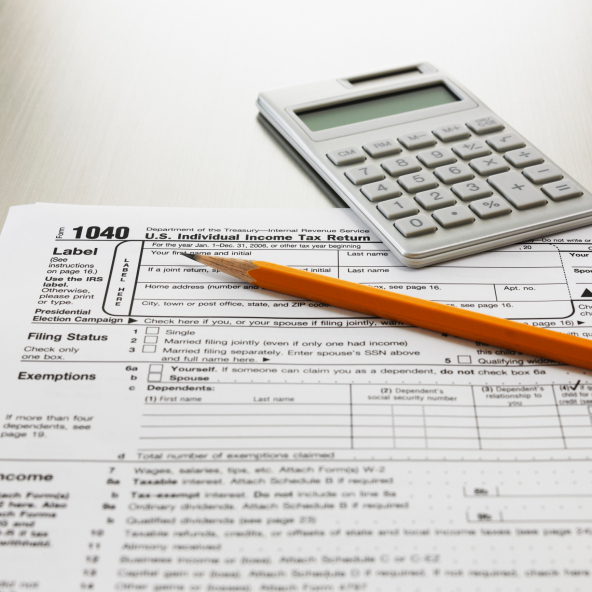Setting Your Budget: How to Analyze Your Finances to Determine How Much Mortgage You Can Afford
 Whether you’re buying a home for the first time or you’ve decided it’s about time that you upgraded to a larger, more expansive house, if you’re making a real estate purchase you’ll need to be aware of how much you can reasonably afford to borrow in a mortgage. In today’s post we’ll take a look at a few ways that you can analyze your financial situation to help decide how much mortgage you can truly afford.
Whether you’re buying a home for the first time or you’ve decided it’s about time that you upgraded to a larger, more expansive house, if you’re making a real estate purchase you’ll need to be aware of how much you can reasonably afford to borrow in a mortgage. In today’s post we’ll take a look at a few ways that you can analyze your financial situation to help decide how much mortgage you can truly afford.
Prepare An Honest Monthly Budget
The first step in understanding how much of a monthly payment you can afford is to create an honest monthly budget which includes all of your family’s income and spending. Although you won’t have to pay them every month, it’s also important that you include costs that show up irregularly like car repairs, Christmas gifts or tuition bills as these still need to be paid. The more information you can place in your budget, the more accurate your financial picture will be.
Your Down Payment Plays A Huge Role
As you might imagine, the amount you can invest in your down payment plays a significant role in how much mortgage financing you will need. Every dollar that you can place in your down payment today is one less dollar that you’ll need to borrow and pay interest on over the amortization period of your mortgage. Take some time to consider how much you can put down, and see if there’s any way you can bump this figure a bit higher.
What Interest Rate Will You End Up Paying?
Small changes to your mortgage interest rate can have significant impacts on how much you are required to pay back over the life of your mortgage. As you’re shopping around, be sure to consider how long your interest rates are valid for and try to determine the lowest rate you might qualify for. You may also find it helpful to use an online mortgage calculator which can help you to understand how your interest rate impacts your monthly payments.
Consult A Mortgage Professional To Learn More
While building a quick budget to analyze your family’s expenses is easy, factoring in all of the various items that a lender will consider might be harder than you expect. If you have questions about the mortgage process and whether or not you’re ready financially, contact your local mortgage professional today.

 They say, “you never get a second chance to make a good impression”, and when it comes to your home, curb appeal is the key to making a lasting one. Enhancing the exterior of your house not only adds value but also creates a warm and inviting atmosphere for both you and your guests.
They say, “you never get a second chance to make a good impression”, and when it comes to your home, curb appeal is the key to making a lasting one. Enhancing the exterior of your house not only adds value but also creates a warm and inviting atmosphere for both you and your guests. With all of the expense that can go into buying and selling a home, it’s good to be aware of what you can claim and how a home can benefit you come tax time. When the New Year rolls around and you’re sitting down to the task of completing your taxes, here are a few things that you’ll want to keep in mind.
With all of the expense that can go into buying and selling a home, it’s good to be aware of what you can claim and how a home can benefit you come tax time. When the New Year rolls around and you’re sitting down to the task of completing your taxes, here are a few things that you’ll want to keep in mind.